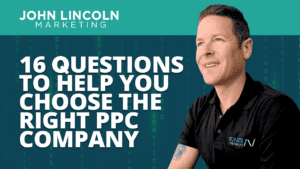
Top 16 Questions to Ask a PPC Company in 2024
In 2024, choosing the right PPC company is not just about spending your advertising budget. You want to make every cent count towards your business
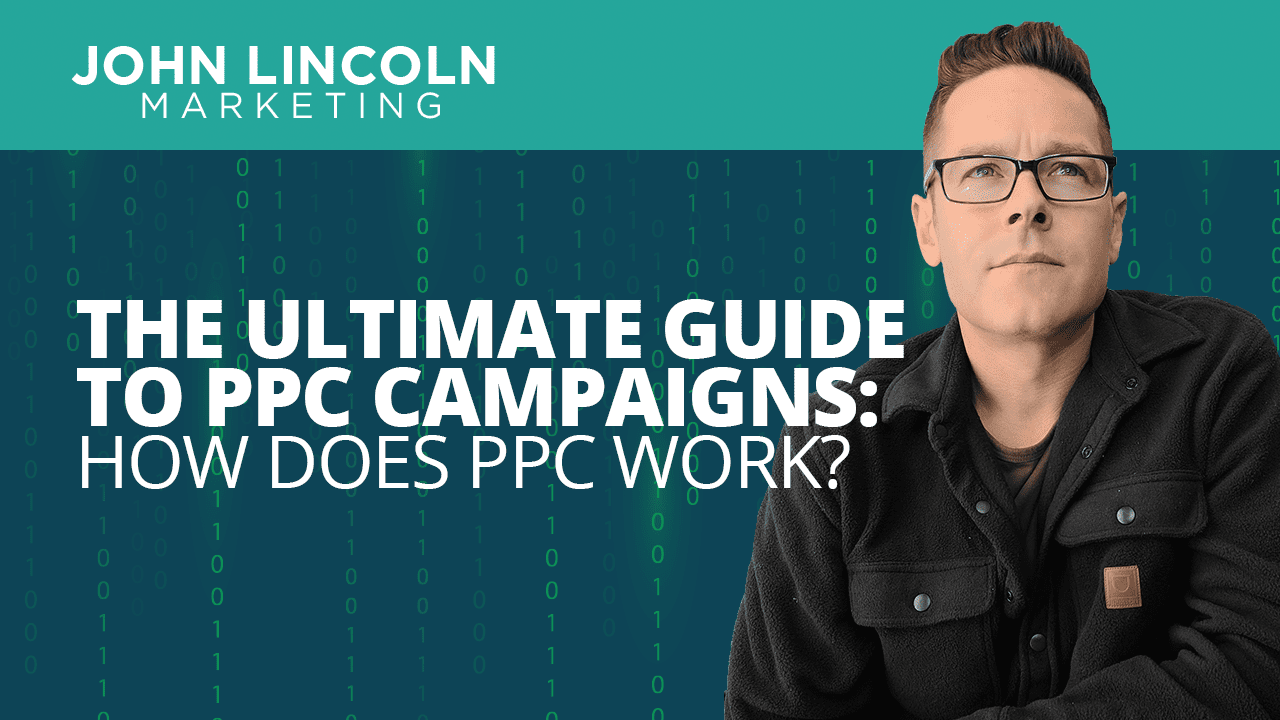
Better yet, PPC is more effective at getting new eyes and leads fast.
So, how does PPC work, and what are all the moving parts in pay-per-click marketing?
Knowing the answer to “how does PPC work?” starts with covering the basics of pay-per-click marketing.
PPC is a type of advertising in which marketers will publish an ad and pay a cost every time a user clicks on their ad. This cost is called the cost-per-click (CPC).
CPC is not always the same, since advertisers will go through an auction to land a spot on digital real estate. Ad locations include Google SERPs, Facebook feeds, and more.
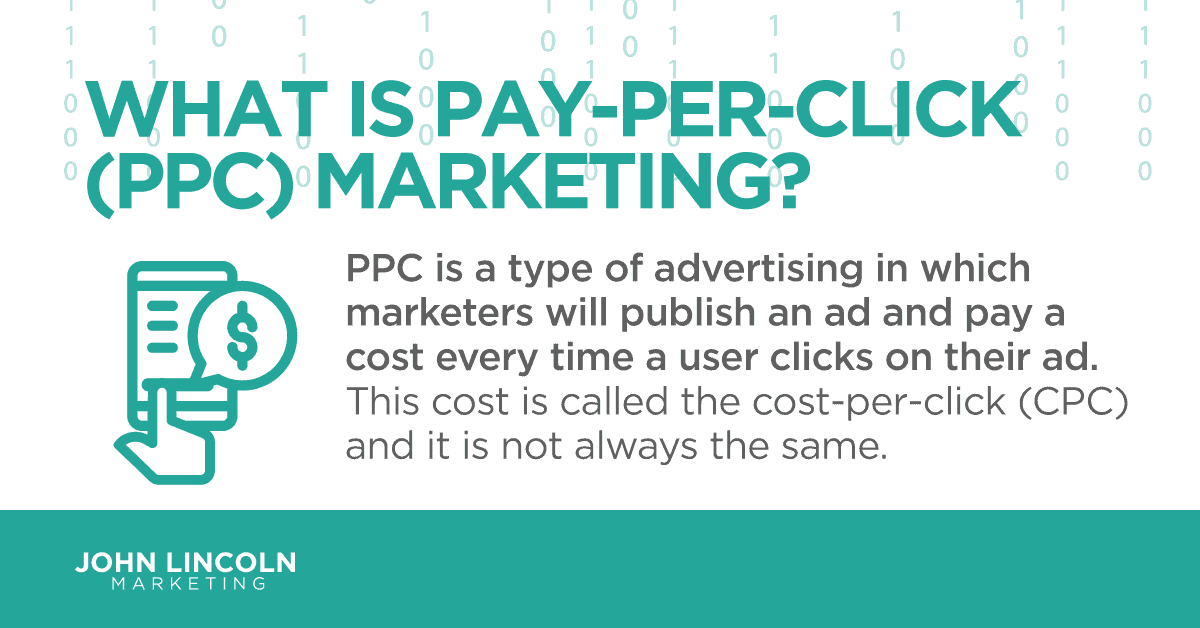
The idea of paying for every click you get makes sense—after all, the more clicks you’re getting, the likelier you are to rake in conversions. And while it sounds simple enough, PPC is an entire ecosystem of content, copywriting, ad budgeting, and SEO.
Each ad must have associated landing pages that are primed for your audience. Ideally, you’ll have an entire funnel set up for users to navigate. Your campaign is nothing without keyword research, and you’ll only get so far if you don’t have the wherewithal to allocate your campaign budget correctly.
So why do businesses pick PPC campaigns over other ad models? Here are a few reasons.
First and foremost: it’s easy to track and measure results.
When people click on your ad and visit your site, your ad platform will make it clear that the visitor got there by clicking on your ad. And then your own website software can track conversions.
Armed with that info, you can double down on what works and eliminate ads that don’t bring home the bacon.
Also, PPC offers quick entry. You can get started right away with a very small budget.
Then, gauge your success. Optimize your ad to get more clicks. Update your website to turn those clicks into paying customers.
You also have a lot of control when it comes to PPC advertising. You dictate the relevant keywords, the target audience, or some combination of those two options.
Compare that to advertising on TV, where you have little control over your audience.
Clutch.co tells us that a third of people click on PPC ads because they directly answer their questions. Advertisers create PPC campaigns with this in mind.
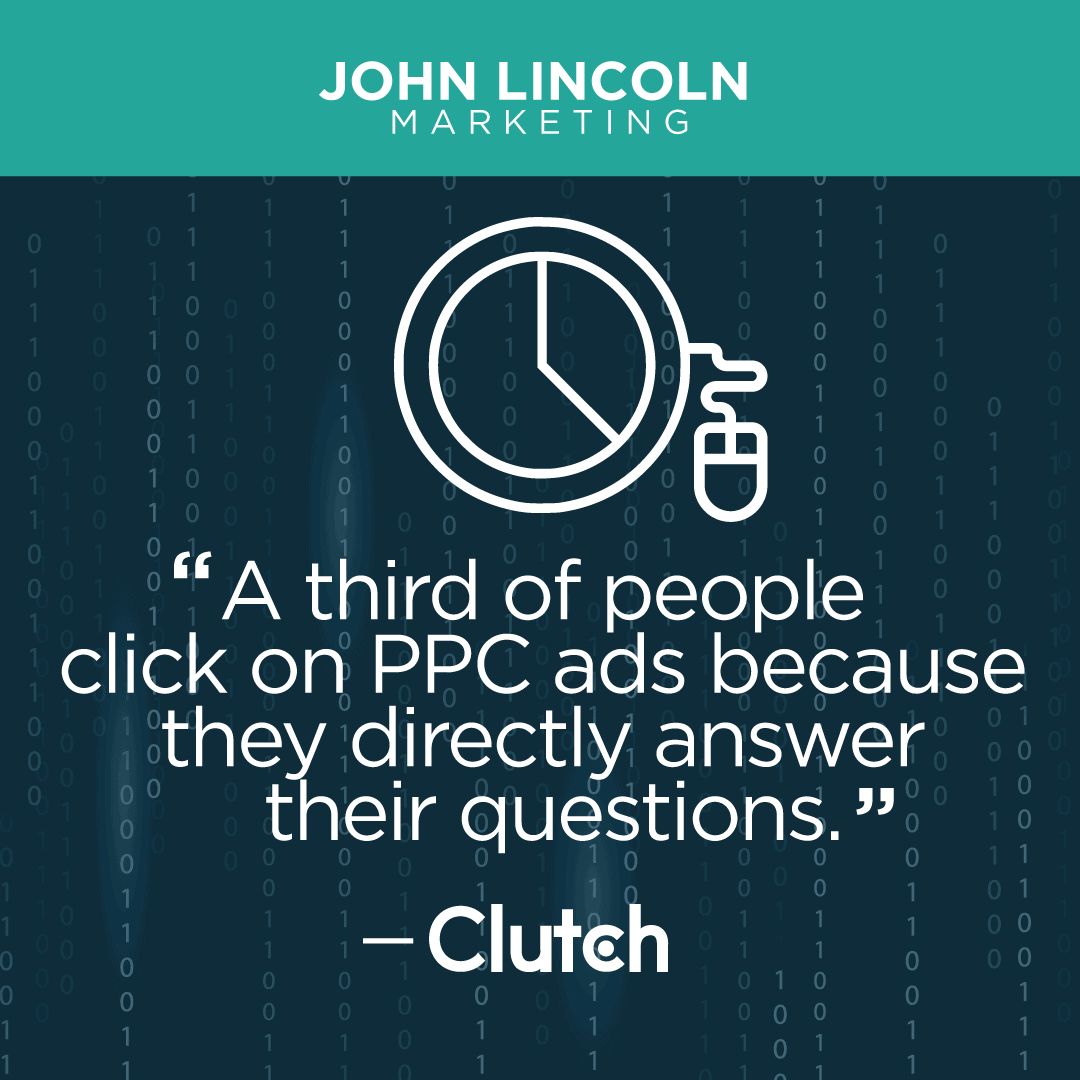
The existence of PPC is evidence of this idea of digital real estate. It’s reminiscent of billboards or TV commercial slots. While virtual property may not be tangible, it’s extremely valuable. The top of a search engine results page, the sidebar of a social media feed—these are all places that people hang out on the web. And advertisers love to be where people gather. It’s like an experiential advertising tactic, but for the internet.
So, if you’re wondering about how to launch your own PPC campaign, here’s how to get started.
First, you’ll probably want to use Google Ads. That’s because Google is by far the most popular search engine in the world.
And you’ll likely want to get started with search ads. Those are the ads that appear in search results (often at the top).
Here’s how search ads work: you tell Google Ads that you’d like your ad to appear when people search for a phrase like “buy saltwater fishing reel.”
Then, your ad will appear when people use that search term. Sometimes.
Why only sometimes? You see, there’s a bidding process involved.
After all, other people want to sell saltwater fishing reels as well. And they’ll likely run search ads.
So whose ads get to appear at the top of the search results? Follow the money trail.
You and others will bid on specific search terms. The more popular the search term, the more money you’ll spend.
But remember: you only spend that money if the user clicks on your ad.
So if you bid $1.24 for the search term “buy saltwater fishing reel” and your competitor bids $1.33, then your competitor’s ad might show up in a higher position than yours.
You’ll have to decide if your business model can handle the hit to your margins if you up your bid to outrank your opponent. That’s part of the bidding process.
There are other types of PPC ads beside search ads, though.
For example, display ads appear on websites instead of in search results. As the name implies, they’re image-based ads.
And they’re ideal for retargeting.
You can use them to build brand-name awareness for free. Remember: you don’t pay unless people click.
PPC experts at Ignite Visibility know what it takes to create a successful paid media campaign.Here are best practices boiled down into three key pillars:
PPC is not the same across all platforms. You can practice pay-per-click marketing on:
Google Ads – Best for running search ads as Google is the most popular search engine in the world. You can also use Google Ads to run Google Shopping ads, YouTube ads, and display ads.
Amazon PPC – Use only if you’re selling products on Amazon. It’s a way to draw traffic to your product detail pages.
Microsoft Ads – Ideal if you want to target those rebels who prefer to use the other search engine as Microsoft owns Bing. You can also use Microsoft Ads to advertise on Yahoo!
Facebook Ads – Great for advertising on one of the world’s most popular social media platforms. Run PPC ads that target people based on demographics and interests.
Native Ads – If you’re unfamiliar with native ads, they’re ads that you see on websites that don’t look like ads. They look like they’re part of the natural content on the page. They’re a really great way to generate traffic with clickbait headlines (“You Won’t Believe What This Lady Saw When She Opened a Can of Chili!”).
Yelp Ads – Perfect for local businesses. If you want to bring more foot traffic to your store, consider running ads on Yelp.
YouTube Ads – A great way to bring traffic to your videos. If you’ve got some great video content online and people don’t know about it, consider running YouTube ads.
The key differences between all PPC platforms are their unique targeting strengths. That’s why a multi-pronged approach to paid media is so smart—you get the benefits of multiple platforms.
Microsoft and Google deliver the best keyword-targeting abilities.
Facebook’s strengths lie in the target market and demographic data. Location settings are common among all PPC platforms.
Both Google and Facebook do well with retargeting and custom lookalike audiences.
Any display ads do well with targeting by interests, site visits and past behavior.
Targeting capabilities are always changing, especially as the third-party data discussion rolls on. Innovations will only add to the complexity over time.
What are the ingredients for a PPC campaign? Here’s the rundown.
Ad Group – A group of related PPC ads that make up a single campaign. All ads in the ad group share similar targets. You can create separate ad groups for each product or service you offer. Or you can create an ad group that’s campaign-specific (for example, “Consider These Tools As Father’s Day Presents”).
Keywords – You’ll need to specify keywords if you’re doing any kind of search marketing. Make sure you select the correct keyword match type:

With keywords, you can also specify negative keywords. That means your ad won’t display when people use those words in their searches.
You’ll have to align your keywords with your ad budget. Running the best terms will help you get the most bang for your buck. Over the next few quarters, you can adjust your keyword strategy based on the performance you’re getting.
Wondering what the best number of keywords to have in each ad group is? You’re not alone. In this case, quality really does beat quantity. Keep your keyword count below 20 and ensure each one is relevant and valuable to your industry and product or service.
Ad Copy – This is the actual text you put in the body of your ad to convince people to click on it. Google allows you to include up to three headlines and two descriptions. You can enter up to 90 characters in the description. You also have other options:
Campaign Type – You can choose from the following:
Ad Extensions – Google lets you enhance your ad with additional info about your business:
Landing Pages – These are the pages that people land on (hence the name) when they click on your ad. You’ll want to be sure to continue the salesmanship on these pages if you want to close the deal.
Bid Strategies – Google offers you a couple of great options if you’re into PPC:
Reporting – Ad platforms offer reports that help you answer the question: “Is my ad strategy working?” Use those reports to find out how much you’re spending overall, how many people you’re attracting to your landing pages, and how much revenue you’re generating.
The cost of PPC comes from your cost-per-click, or CPC. This is because you only pay for each click you get in a PPC campaign.
The actual price of your CPC will vary from keyword to keyword and from campaign to campaign, depending on the competitiveness of the keywords you’re targeting and the number of clicks you’re willing to spend money on during a period of time.
If you want to reduce your CPC on Google Ads, you’ll need to improve your ad’s quality score. This means optimizing your design, copy, and landing page for a higher CTR plus better SEO and UX.
Things like time of year, platform, and terms all play a role in CPC.
The best thing to do is start small. Then, determine if you’re getting a good return on your PPC investment.
If so, increase your budget.
You might have to shell out for the initial PPC investment, but you can start small to ensure you are making the best marketing decisions as you scale. Above all else, consider your ROI and ROAS. If you’re making enough money over your initial investment for your PPC marketing campaigns, you’re doing it right.
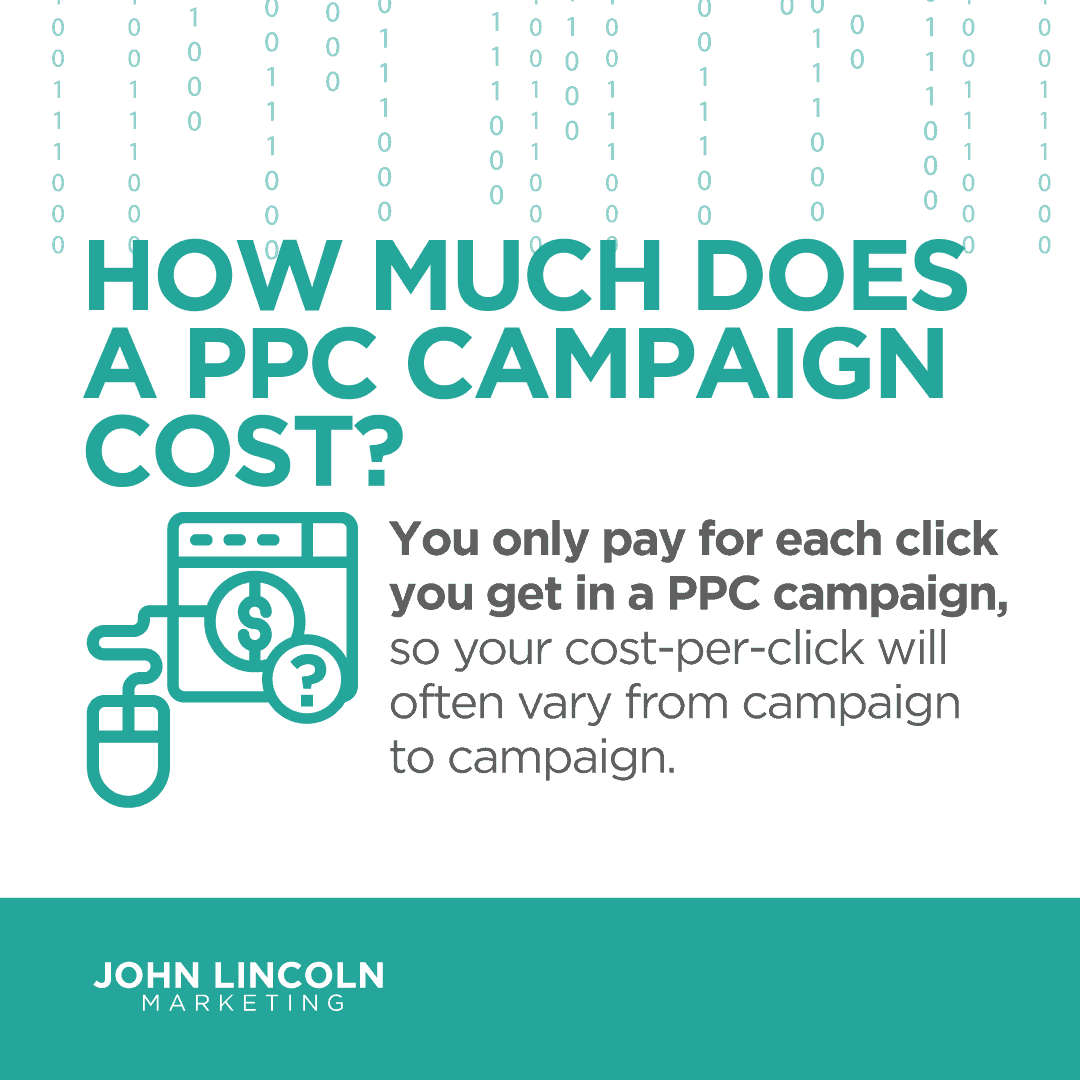
When considering the length of PPC campaign creation, you need to factor in a few things:
All in all, your creative period may occur over a few weeks. It will take another 1–2 weeks to put everything together and launch the ad, and another day or so until the ad starts running. You may be able to optimize your efficiency as you get better at PPC management.
Many marketers run into some common obstacles in their PPC campaigns. If you can avoid the most prominent mistakes and focus on the best practices, you’ll do yourself lots of favors.
You can definitely learn the ins and outs of PPC, but the fact of the matter is this: PPC auctions can be complex and time-consuming.
A bidding strategy requires you to maximize your conversions by bidding high, prioritizing cost-per-acquisition (CPA) instead of CPC, or focusing on return on ad spend (ROAS). The chosen bidding strategy depends on the situation at hand, and an expert can surely help you pick the right one.
Plus, PPC management ensures you’re covering all your bases as you continue to grow your business.
Does pay-per-click work? Definitely. The top-positioned ads make up 12–25% of all clicks on search engines. You just have to make sure to do it right.
Don’t know where to start with PPC? Try my 90-day paid media strategy to find your winning campaigns. Check it out below!
Welcome to John Lincoln’s personal website. You can learn about John Lincoln’s books, films, book him to speak and contact him. John is directly associated with many of the businesses mentioned on this website and freely discloses this information.

John Lincoln is CEO of Ignite Visibility, one of the top digital marketing agencies in the nation. Ignite Visibility is a 6x Inc. 5,000 company. Ignite Visibility offers a unique digital marketing program tied directly to ROI with a focus on using SEO, social media, paid media, CRO, email and PR to achieve results. Outside of Ignite Visibility, Lincoln is a frequent speaker and author of the books Advolution, Digital Influencer and The Forecaster Method. Lincoln is consistently named one of the top digital marketers in the industry and was the recipient of the coveted Search Engine Land “Search Marketer of The Year” award. Lincoln has taught digital marketing and Web Analytics at the University of California San Diego since 2010, has been named as one of San Diego’s most admired CEO’s and a top business leader under 40. Lincoln has also made “SEO: The Movie” and “Social Media Marketing: The Movie.” His business mission is to help others through digital marketing.
Want to get in touch with John Lincoln? Click Here To Reach Out.

In 2024, choosing the right PPC company is not just about spending your advertising budget. You want to make every cent count towards your business
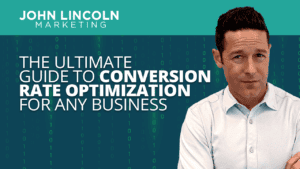
Whether you’re a seasoned marketer or just starting out, conversion rate optimization (CRO) is a powerful tool that can boost your sales, leads, and overall
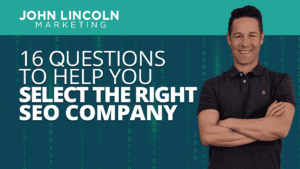
Feeling overwhelmed by the sea of SEO companies out there? You’re not alone! Choosing the right partner is crucial for achieving your online marketing
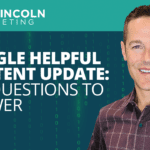 Google Helpful Content Update: 10+ Questions to Answer
Google Helpful Content Update: 10+ Questions to Answer Do you want your content to be more helpful? Well, Google does. That’s why the company recently rolled out the recent